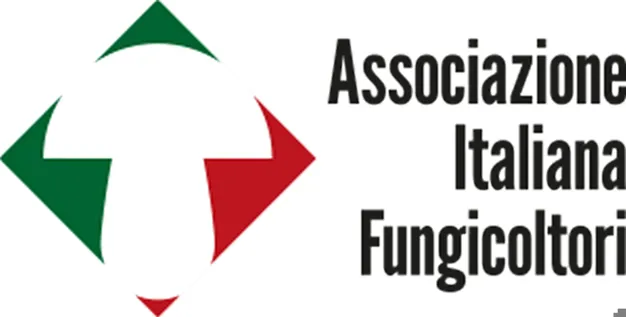"The cultivated mushroom market is going through one of the most difficult crises in recent years. As we approach the new season, growers and operators in the sector are facing a series of problems that could have a significant impact on the availability of the product and, consequently, on prices to the end consumer," says Andrea Prando, president of the AIF - Associazione italiana Fungicoltori (Italian Mushroom Growers Association).
Shortage of product: an unproductive season
One of the main factors that has affected the market is the shortage of product. This year many growers have seen a significant reduction in crop volumes. This is due to a combination of unfavourable climatic factors and the disease problems that have affected the crops. Prices are likely to rise as early as next season as there are not enough mushrooms to meet the demand.
Mushrooms are an extremely environmentally delicate crop. They require specific conditions of humidity, temperature and light to grow. This year, however, the abnormal weather has hampered our ability to maintain the standards required for regular production. In many areas, the high summer temperatures have affected mushroom growth, leading to delays in harvesting and a reduction in product volumes," says Prando.
Climate change and plant pathogens
Climate change is a major contributor to the difficulties faced by mushroom growers. Temperature fluctuations and unpredictable weather conditions, such as heat waves or intense rainfall, are altering the ecosystem in which mushrooms grow. These abnormal conditions create a less favourable environment for healthy crop growth and also increase susceptibility to disease and pests.
"One of the most common diseases during this period," adds Prando, "is Trichoderma, a pathogenic fungus that attacks crops and can devastate entire plantations. Trichoderma is particularly problematic under conditions of high humidity and high temperatures, which have prevailed in several production areas this year. Its proliferation forces growers to take costly measures due to the high loss of unproductive areas, leading to a disproportionate increase in operating costs."
The impact on prices
The combination of adverse factors has led to a significant reduction in the availability of mushrooms on the market and higher production costs. This imbalance between supply and demand is already driving up wholesale prices and the increase is expected to be even more pronounced at retail level as the autumn season approaches. Consumers should therefore be prepared to pay more for fresh mushrooms and mushroom products this autumn. The price increase will not be limited to fresh products, but will also apply to canned, frozen and other by-products, affecting several sectors of the food industry across the board.
Looking to the future
"To overcome this crisis, growers are trying to adapt. Some are investing in advanced climate control technology in greenhouses, while others are experimenting with new mushroom varieties that are more resistant to disease and climate variations. However, these are long-term solutions that require significant investment and will not produce immediate results. In the meantime, some companies have gone out of business. In the short term, the crisis in the cultivated mushroom market is likely to worsen, especially if weather conditions remain unpredictable and diseases are not effectively controlled."
For more information AIF - Associazione italiana Fungicoltori
AIF - Associazione italiana Fungicoltori
Via Torricelli, 71/A
37100 Verona - Italy
Tel.: +39 045 952058
Email: info@fun.go.it
www.fun.go.it
